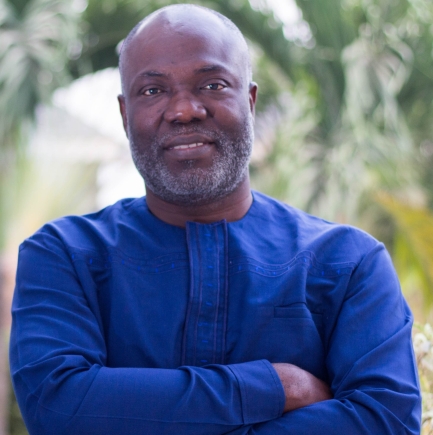Minority in Parliament proposed seven-point intervention
Minority outlines 7 interventions to end 'dumsor'

The Minority in Parliament has proposed a seven-point intervention that it believes would resolve the country’s recurring power outages, popularly known as dumsor.
They urged the government to focus on resolving fuel supply challenges facing Independent Power Producers (IPPs), engage stakeholders to renegotiate burdensome take-or-pay contracts, and set strategic Key Performance Indicators (KPIs) for the Electricity Company of Ghana (ECG) and Northern Electricity Distribution Company (NEDCo), to reduce operational and distribution losses while improving revenue collection.
They also urged the Minister of Energy and Green Transition, Dr John Abdulai Jinapor, to address and enforce the Cash Waterfall Mechanism, diversify the energy mix by investing in renewables and optimising local gas fields like Jubilee and TEN to cut down on fuel imports, encourage off-peak industrial consumption to flatten demand and accelerate the nationwide roll-out of smart meters to tackle power theft and enhance revenue mobilisation.
At a press conference in Parliament on Monday, Members of the Minority Caucus on the Energy Committee, led by its Ranking Member, George Kwame Aboagye, emphasised that the solutions proffered by the Minority Caucus had become necessary because the country’s power situation was fast deteriorating, threatening businesses and livelihoods.
“We demand action and results from the Minister of Energy and the government,” Mr Aboagye declared. “It is time to stop the talking and put the lights on,” he added.
Under the NPP
The Minority used the opportunity to highlight significant investments made in the energy sector between 2017 and 2024 under the New Patriotic Party (NPP) administration, to demonstrate that they were more accomplished in handling the country’s energy needs.
These included the addition of 1,600 megawatts (MW) of generation capacity through projects such as Amandi, Early Power, Bui Solar, Kaleo/Lawra Solar and the upcoming Yendi Solar project.
Transmission infrastructure, they stated, was also improved with the completion of the 330kV Prestea-Kumasi line, the 225kV Burkina Faso Interconnection, the Kasoa Bulk Supply Point and several other projects. Electricity access, they said, had risen to 88.85 per cent as a result.
However, Mr Aboagye, who is the Member of Parliament (MP) for Asene Manso Akroso, warned that the return of “dumsor” was undermining these gains and threatening economic stability, with businesses, hospitals, manufacturing firms and even students bearing the brunt.
“The patience of the Ghanaian people is wearing thin.
We demand action and results from the Minister of Energy and the government.
It is time to stop talking and put the lights on,” the Asene Manso Akroso MP said.
Fearmongering
Mr Aboagye called on the Minister for Energy and Green Transitions to stop instilling fear in Ghanaians with what it describes as alarming and baseless pronouncements on the country’s energy situation.
Such remarks, the caucus said, were economically damaging because they create an atmosphere of uncertainty and instability, which are detrimental to investor confidence.
They further explained that power was the lifeblood of industry, and such statements could send panic through businesses still recovering from the aftershocks of COVID-19 and global economic turbulence.
The Minority Caucus was criticising Dr Jinapor’s recent claim that the country had only 2.6 days of fuel left to power its thermal plants.



